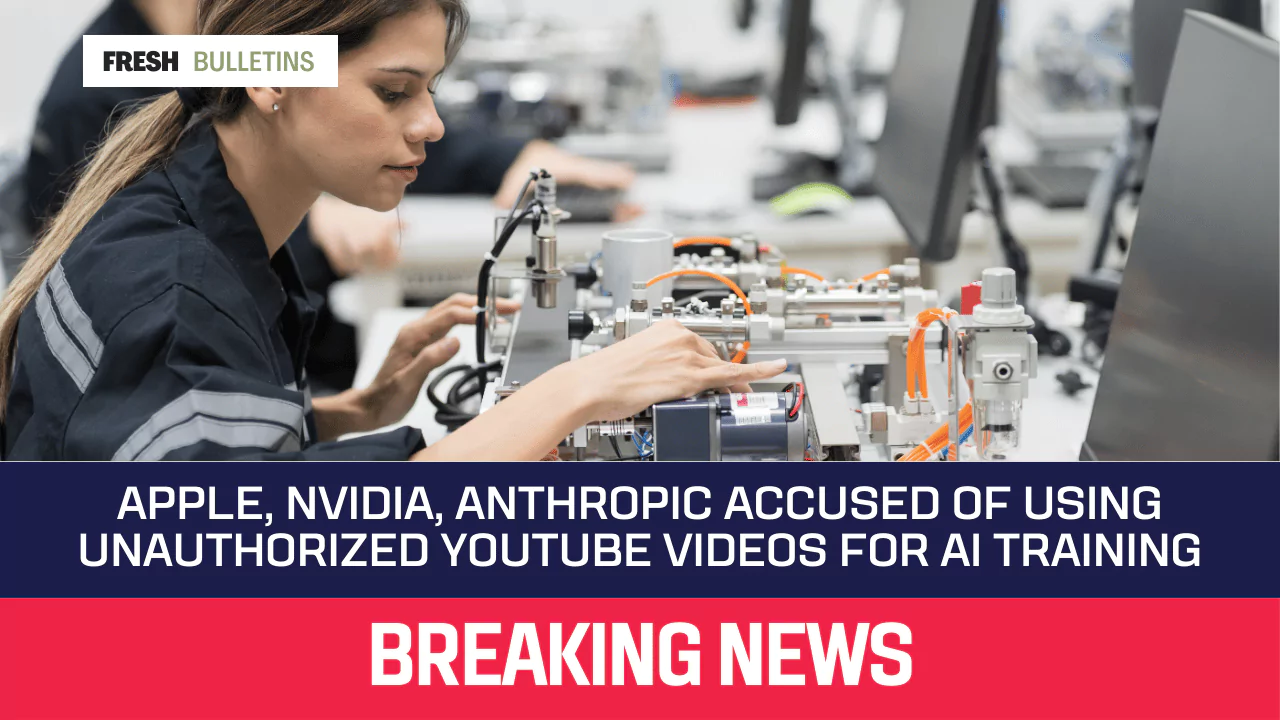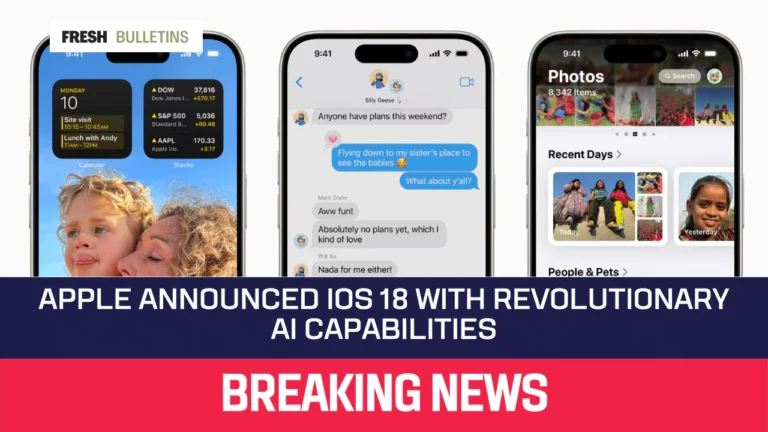Apple, Nvidia, Anthropic Accused of Using Unauthorized YouTube Videos for AI Training
A recent investigation by Proof News and Wired has alleged that prominent technology companies such as Apple, Nvidia, and Anthropic have been accused of training their artificial intelligence models using a large number of YouTube videos without obtaining agreement from the authors. This practice may potentially be in violation of YouTube’s rules and conditions.
The Use of YouTube Videos in AI Training
Apple’s use of uncredited YouTube videos
Apple has been reportedly using “the Pile,” a collection of data from nonprofit EleutherAI, which includes YouTube captions scraped from over 48,000 channels. This dataset contains videos from big YouTubers such as MrBeast, PewDiePie, and tech commentator Marques Brownlee. While Apple technically avoids direct blame by not collecting the data itself, it has been called out by individuals like Marques Brownlee for using the dataset.
Nvidia’s use of YouTube videos for AI image recognition
Nvidia, a prominent player in the AI and computer graphics space, has also been implicated in using unauthorized YouTube videos for AI training. The company’s alleged usage includes training AI models for image recognition, a critical component in various applications such as autonomous vehicles, medical imaging, and more.
Anthropic’s use of YouTube videos for human-like AI behavior
Anthropic, another technology company, has reportedly trained AI models on the same dataset, claiming that there is no violation involved. However, the use of YouTube videos without the creators’ consent raises significant ethical concerns.
Ethical Concerns
Copyright infringement
The use of YouTube videos for AI training without the creators’ consent raises important questions about copyright infringement. The unauthorized use of copyrighted material presents a significant ethical and legal issue for these tech companies.
Lack of consent from video creators
Creators such as David Pakman and Julia Walsh have expressed surprise and frustration at the unauthorized use of their content for AI training. This lack of consent raises serious ethical concerns about the rights of content creators and the protection of their intellectual property.
Potential bias in AI training data
The use of unauthorized YouTube videos for AI training also raises concerns about potential biases in the training data. Without explicit consent and proper curation, the dataset may not accurately represent diverse voices and perspectives, leading to biased AI models.
Alternatives to Using YouTube Videos for AI Training
Creating original and diverse training data
Tech companies should consider creating original training data that is diverse and reflective of various perspectives. By collaborating with creators and content providers, they can ensure that the training data is ethically sourced and representative of a wide range of voices.
Collaborating with content creators
Collaborating directly with content creators to obtain permissions and establish mutually beneficial partnerships can facilitate the acquisition of high-quality training data while upholding the principles of consent and fairness. This cooperative approach not only addresses ethical concerns but also fosters a symbiotic relationship between AI developers and content creators.
In conclusion, the revelations of Apple, Nvidia, and Anthropic’s alleged use of unauthorized YouTube videos for AI training demand a critical examination of ethical standards and legal obligations within the AI industry. By confronting the ethical quandaries posed by these practices, the industry can make strides toward fostering a more equitable and ethical AI development landscape, one that respects the rights and contributions of content creators while advancing the frontiers of artificial intelligence.







